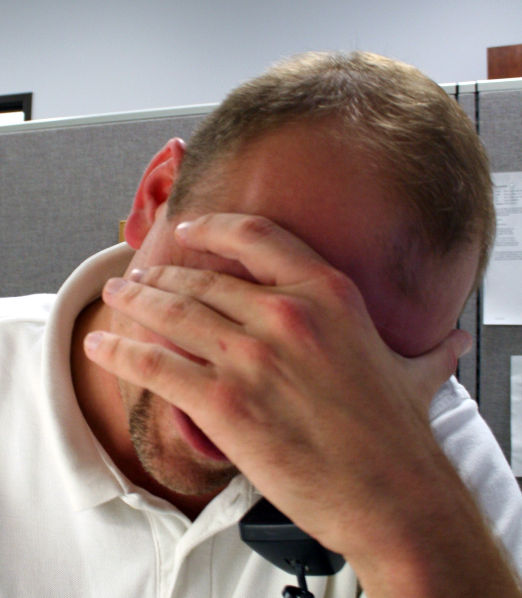By Barbara Ficarra, RN, BSN, MPA
Are you thinking about the classic Hollywood example?
The classic example of a Hollywood heart attack is a person clutching their chest, gasping for a breath and falling to the ground.
After all, Hollywood is hot for drama, and when it comes to portraying a person having a heart attack, the exaggerated Hollywood version is far more riveting than a person sitting quietly wondering if their very slight arm discomfort is anything they should be concerned about.
The Hollywood version can be very misleading.
Real life
The reality is that sometimes the signs of a heart attack are so subtle the person experiencing the attack may ignore it.
I remember when my family member had a heart attack. There was no excruciating chest pain; there was no clutching of the chest. The symptom was so minor he was ready to ignore it. The feeling was just a slight discomfort in his arm. He knew something was wrong, he just wasn’t feeling right.
Thankfully, he didn’t ignore it. While he was waiting for the ambulance to get there after calling 911, he called me from his cell, “Barb, I think I’m having a heart attack.”
Just as the ambulance arrived, he quickly told me what hospital he was going to. I got in the car and cruised without encountering any traffic over the GW Bridge or the FDR.
I got to the ER and as I approached the room he was surrounded by doctors and nurses.
Signs of a heart attack you don’t want to ignore
- Chest pain
- Chest discomfort
- Feeling discomfort or pain in the jaw, neck or back
- Discomfort in arms or shoulder
- Shortness of breath with or without chest discomfort
- Feeling lightheaded, weak or faint – feels like you’re going to pass out
- Breaking out in a cold sweat
- Nausea and vomiting
- Anxiety
- Stomach pain that may feel like heartburn
[Source: CDC Morbidity and Mortality, American Heart Association and Mayo Clinic]

Signs of a Heart Attack Can Be Minor
CDC Morbidity and Mortality Study
According to a report in the CDC’s Morbidity and Mortality Weekly Report, February 22, 2008, “Disparities in Adult Awareness of Heart Attack Warning Signs and Symptoms — 14 States, 2005,” it is estimated that approximately 920,000 people had a heart attack in 2005.
A survey was conducted to find out how many adults recognize the signs of a heart attack and how many adults understand how critical it is to call 911 immediately.
The following questions were asked in the survey to a total of 71,994 people
“Do you think pain or discomfort in the jaw, neck, or back are symptoms of a heart attack?” “Do you think feeling weak, lightheaded or faint are symptoms of a heart attack?” “Do you think chest pain or discomfort are symptoms of a heart attack?” “Do you think pain or discomfort in the arms or shoulder are symptoms of a heart attack?” “Do you think shortness of breath is a symptom of a heart attack?”
Results of the survey
- 48% of the respondents were aware that pain or discomfort in the jaw, neck, or back are symptoms of a heart attack
- 62% of the respondents were aware that feeling weak, lightheaded or faint are symptoms of a heart attack
- 92% of the respondents were aware that chest pain or discomfort are symptoms of a heart attack
- 85% of the respondents felt that pain or discomfort in the arms or shoulder are symptoms of a heart attack
- 93% of the respondents were aware that shortness of breath is a symptom of a heart attack
What you can do: A critical step to help save lives
Recognizing the warning signs of a heart attack, even the most subtle symptom and calling 911 immediately are vital to saving lives.
It is critical for treatment to begin immediately because it is reported that half of the cardiac deaths occur within one hour on onset “before patients reach a hospital.” [Source: According to a report in the CDC’s Morbidity and Mortality Weekly Report, February 22, 2008]
Creating awareness
It’s important to be aware that the signs and symptoms of a heart attack that are portrayed by Hollywood are not always accurate. Hollywood is spectacular at creating drama, but when it comes to health education it’s important to seek information from your health care professionals.
This report revealed that only 86% of the respondents would call 911 if someone was having a heart attack or stroke.
Bottom line
- Know the signs of a heart attack
- Call 911 immediately if you, your family member or someone you encounter is having a heart attack
Helpful online sites
American Heart Association
Mayo Clinic
Medline Plus – A service of the U.S. National Library of Medicine and the National Institutes of Health
CDC

